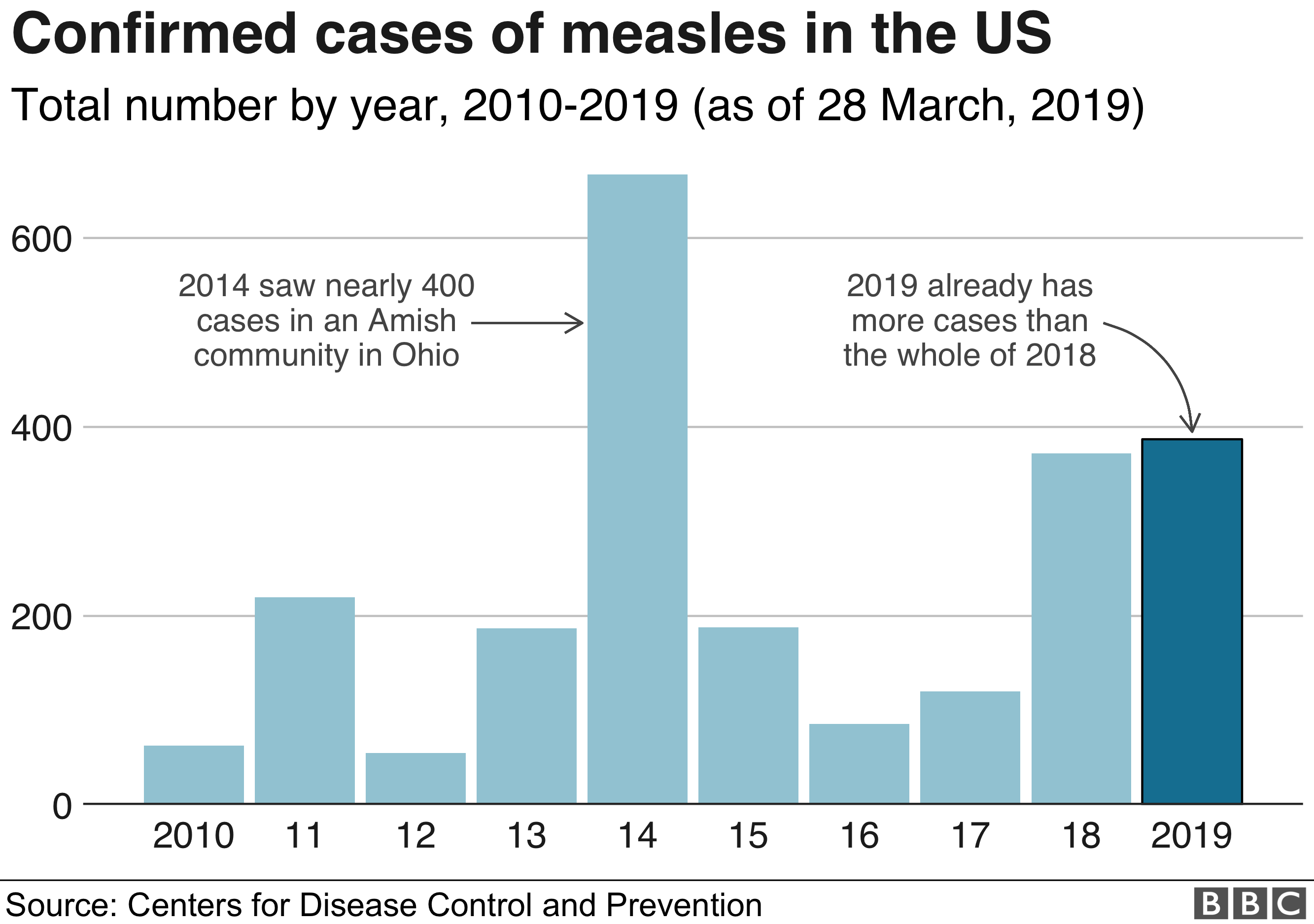The Trump Trade War And Canada: 8 Data Points Revealing Economic Consequences

Table of Contents
Impact on Canadian Exports to the US
The imposition of tariffs during the Trump trade war created significant barriers for Canadian exports entering the US market. This had a tangible impact on several key sectors.
- Decline in Specific Sectors: Canadian lumber exports faced substantial tariffs, leading to a reported 20% decline in sales to the US in 2018. Similarly, the dairy industry saw reduced exports due to protectionist measures. The automotive sector, a cornerstone of the Canadian economy, also experienced significant disruption, with reduced sales of auto parts and complete vehicles to the US market.
- Provincial Impact: Provinces heavily reliant on exports to the US, such as Ontario and British Columbia, suffered disproportionately. These provinces experienced higher unemployment rates and slower economic growth compared to other regions of Canada less dependent on US trade.
- Business and Job Losses: The reduced export capacity resulted in significant job losses across various sectors. Many Canadian businesses, particularly small and medium-sized enterprises (SMEs) heavily reliant on the US market, faced financial difficulties and downsizing.
Retaliatory Tariffs and Their Effects on the US
Canada responded to the Trump administration's tariffs with retaliatory measures of its own, targeting specific US goods.
- Targeted Goods: Canadian retaliatory tariffs focused on products such as steel, aluminum, and agricultural goods to exert pressure on the US economy.
- Economic Impact on the US: While the overall impact was less significant than the effect on Canada due to the size difference of the economies, the retaliatory tariffs added costs for US producers and, ultimately, US consumers who faced higher prices on affected goods.
- Political Implications: The tit-for-tat tariff war escalated political tensions between the two countries, highlighting the sensitivity of trade relations and underscoring the need for collaborative solutions.
Changes in Bilateral Trade Volume
The trade war led to a noticeable dip in bilateral trade volume between Canada and the US.
- Pre-War, During War, Post-War Data: Data shows a clear decline in trade volume during the peak of the trade war, followed by a gradual recovery as tensions eased and the USMCA came into effect.
- Shifting Trade Balances: While Canada generally maintained a trade surplus with the US, the trade war created fluctuations and increased uncertainty in the trade balance.
- NAFTA and USMCA: The transition from NAFTA to the USMCA played a crucial role in shaping trade volumes. While the USMCA aimed to mitigate the damage, the trade war's impact lingered, impacting the full potential of the new agreement.
Impact on Canadian Investment
The trade uncertainty generated by the Trump trade war negatively impacted Canadian investment.
- Foreign Direct Investment: The uncertainty surrounding trade policies deterred foreign direct investment (FDI) in Canada, affecting economic growth. Businesses were hesitant to commit significant capital in an environment of unpredictable trade relations.
- Canadian Business Investment: Domestic businesses also showed greater reluctance to invest, postponing expansion projects and reducing capital expenditures in response to economic uncertainty.
- Link to Economic Growth: The decrease in investment played a significant role in slowing down Canada's economic growth during the period of heightened trade tensions.
The Automotive Sector's Struggle
The Canadian automotive sector, deeply integrated with the US market, suffered immensely.
- Supply Chain Disruptions: The imposition of tariffs disrupted the intricate supply chains connecting Canadian and US automotive manufacturers, leading to production delays and increased costs.
- Impact on Production: Reduced production in the automotive sector translated to decreased output and revenue for Canadian manufacturers.
- Job Losses: The sector experienced significant job losses, impacting workers throughout the manufacturing and supply chain networks.
Agricultural Sector Impacts
The agricultural sector, a significant contributor to the Canadian economy, felt the sting of trade tensions.
- Tariffs on Agricultural Products: Tariffs on various agricultural goods led to decreased export volumes and reduced revenue for Canadian farmers.
- Impact on Farmers and the Economy: Canadian farmers faced financial hardships, leading to reduced investments in farming operations and impacting rural economies.
- Challenges to Supply Management: The trade war also challenged Canada's supply management system, a system designed to stabilize domestic agricultural markets.
Long-Term Effects on Canada-US Relations
The Trump trade war left lasting scars on Canada-US relations.
- Damaged Trust: The trade disputes damaged trust and goodwill between the two nations, complicating future collaborations.
- Future Trade Negotiations: The experience influenced future trade negotiations, increasing the need for transparency and clarity in trade agreements.
- North American Integration: The trade war highlighted the challenges to broader North American economic integration and the potential risks of protectionist policies.
The USMCA and its Impact on Mitigating the Damage
The USMCA, replacing NAFTA, aimed to mitigate some of the negative impacts of the Trump trade war.
- Mitigation of Negative Consequences: The USMCA provided a more stable framework for trade between Canada and the US, helping to restore some certainty to the economic relationship.
- Economic Benefits for Canada: The agreement offered opportunities for Canadian businesses to access the US market under more predictable conditions.
- Dispute Resolution Mechanisms: The USMCA includes improved dispute resolution mechanisms, designed to address potential future trade disagreements more efficiently.
Conclusion:
This article presented eight key data points highlighting the significant economic consequences of the Trump trade war on Canada. The impact spanned various sectors, from agriculture and automotive to overall investment and bilateral trade relations. While the USMCA aimed to mitigate some damage, the lingering effects underscore the vulnerability of economies heavily reliant on bilateral trade.
Call to Action: Understanding the long-term consequences of the Trump trade war on Canada is crucial for policymakers and businesses alike. Further research and analysis of the economic data are needed to fully comprehend the lasting impact and to inform future trade strategies and negotiations to prevent similar disruptions to the Canada-US trade relationship. Continue learning about the complex relationship between the Trump trade war and Canada's economy by exploring related resources and data.

Featured Posts
-
 Securing Glastonbury Coach Tickets Resale Process Explained
May 30, 2025
Securing Glastonbury Coach Tickets Resale Process Explained
May 30, 2025 -
 Oi Kalyteres Tileoptikes Metadoseis Tis Kyriakis 4 5
May 30, 2025
Oi Kalyteres Tileoptikes Metadoseis Tis Kyriakis 4 5
May 30, 2025 -
 Top Seed Pegula Claims Charleston Championship After Collins Match
May 30, 2025
Top Seed Pegula Claims Charleston Championship After Collins Match
May 30, 2025 -
 The Drop In Us Measles Cases Factors And Analysis
May 30, 2025
The Drop In Us Measles Cases Factors And Analysis
May 30, 2025 -
 Fake Ticket Sellers Targeting Ticketmaster Customers A Warning
May 30, 2025
Fake Ticket Sellers Targeting Ticketmaster Customers A Warning
May 30, 2025
Latest Posts
-
 Thompsons Struggle In Monte Carlo Key Factors And Future Outlook
May 31, 2025
Thompsons Struggle In Monte Carlo Key Factors And Future Outlook
May 31, 2025 -
 Ben Sheltons Munich Semifinal Berth Darderi Overpowered
May 31, 2025
Ben Sheltons Munich Semifinal Berth Darderi Overpowered
May 31, 2025 -
 A Detailed Look At Thompsons Unfortunate Monte Carlo Results
May 31, 2025
A Detailed Look At Thompsons Unfortunate Monte Carlo Results
May 31, 2025 -
 Shelton Through To Munich Semis After Darderi Win
May 31, 2025
Shelton Through To Munich Semis After Darderi Win
May 31, 2025 -
 Ben Shelton Defeats Luciano Darderi Advances To Munich Semifinals
May 31, 2025
Ben Shelton Defeats Luciano Darderi Advances To Munich Semifinals
May 31, 2025
